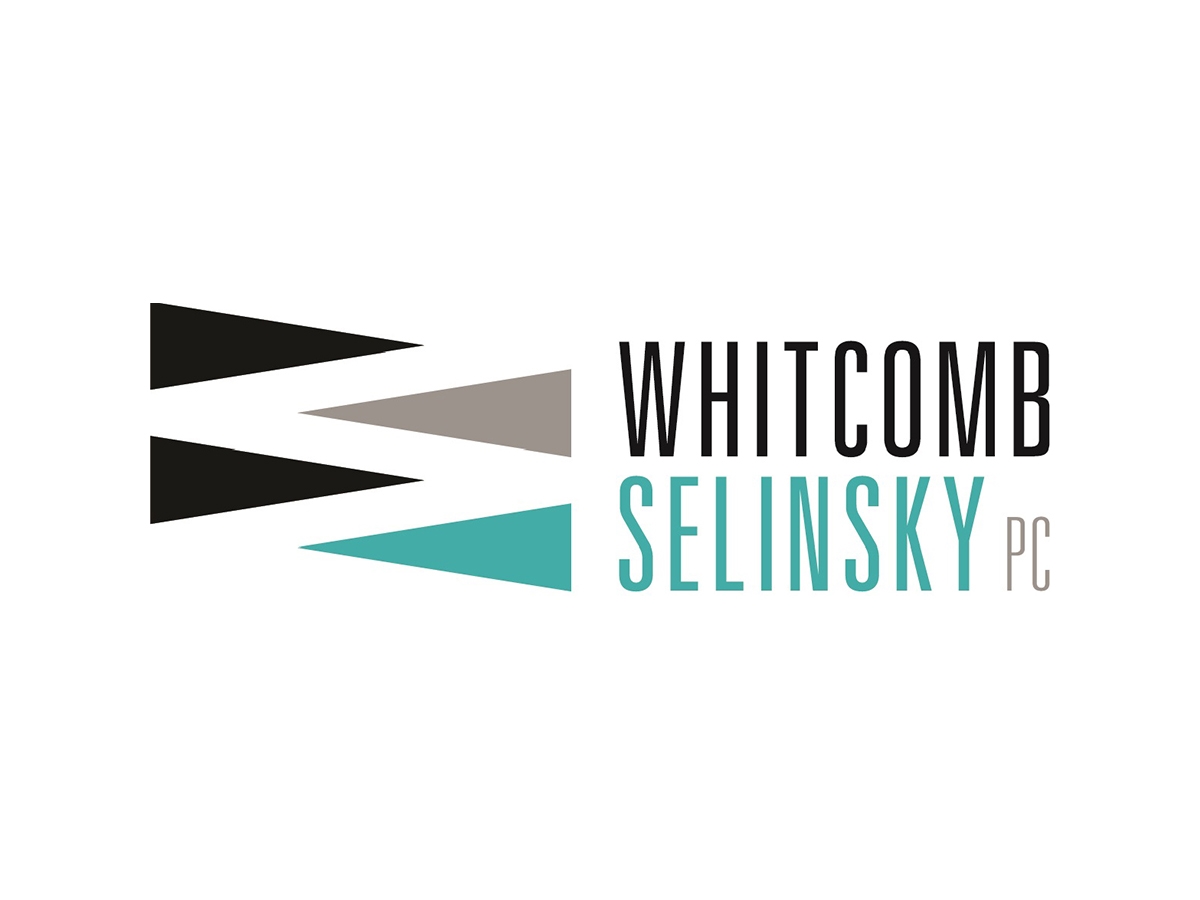PM(NOC) Regulations: Five-year anniversary of major amendments | Smart & Biggar
September 21, 2022, marked the fifth anniversary of the significant amendments to the Patented Medicines (Notice of Compliance) Regulations (Regulations). This article provides an update on activities in the fifth year following the amendments, including new actions and a wave of Court decisions, both on the merits and procedural (see our prior first, second, third and fourth anniversary updates).
Status of actions under the Regulations
In the period of September 21, 2021 to September 21, 2022, approximately 29 sets1 (40 total) of actions were started. A comparison to previous years is provided below:2
Of the approximately 221 actions started since the amendments, the majority continue to be resolved prior to completion of the trial (155, in grey below). 26 actions were pursued to a decision on the merits; the innovator was successful in 12. Since some of the actions were tried and decided in a single set of reasons, there are 15 decisions on the merits, nine of which were in favour of the innovator. Appeals are pending from eight decisions on the merits; four trial decisions were affirmed on appeal.
The following 19 drugs have at least one action ongoing:
- adalimumab (AbbVie’s HUMIRA)
- aflibercept (Bayer’s EYLEA)
- bimatoprost (Allergan’s LUMIGAN RC)
- carfilzomib (Amgen’s KYPROLIS)
- dexlansoprazole (Takeda’s DEXILANT)
- efinaconazole (Bausch’s JUBLIA)
- empagliflozin (Boehringer’s JARDIANCE)
- emtricitabine, rilpivirine, tenofovir alafenamide (Gilead’s ODEFSEY)
- ibrutinib (Janssen’s IMBRUVICA)
- linagliptin (Boehringer’s TRAJENTA)
- nintedanib (Boehringer’s OFEV)
- paliperidone palmitate (Janssen’s INVEGA SUSTENNA)
- riociguat (Bayer’s ADEMPAS)
- sacubitril/valsartan (Novartis’ ENTRESTO)
- selexipag (Janssen’s UPTRAVI)
- sitagliptin and metformin hydrochloride (Merck’s JANUMET)
- tenofovir alafenamide (Gilead’s VEMLIDY)
- tenofovir alafenamide/emtricitabine (Gilead’s DESCOVY)
- vortioxetine (Lundbeck’s TRINTELLIX)
In the last year, Apotex was the most active patent challenger (defendant in 17 actions relating to seven drugs), followed by a tie for second between JAMP Pharma and Sandoz, each with five actions relating to five drugs.
In addition, in the past year, four actions were commenced further to section 8.2 (for a total of 17 commenced since the amendments to the Regulations). Section 8.2 permits a first person/patentee to bring an infringement action asserting a patent not listed on the Patent Register once served with a Notice of Allegation (NOA). Only the four actions started in the past year are ongoing, relating to:
- efinaconazole (Bausch’s JUBLIA)
- sitagliptin and metformin hydrochloride (Merck’s JANUMET)
- aflibercept (Bayer’s EYLEA)
In general, trials of section 8.2 proceedings have been scheduled approximately three to four months after the trial of the section 6 proceedings. None have yet proceeded to trial.
Three actions pursuant to section 8 of the Regulations were commenced in the past year (for a total of eight started under the amended Regulations, though only five are pending) seeking damages following unsuccessful patent infringement actions:
- fampridine (commenced by Pharmascience and separately Taro Pharmaceuticals)
- abiraterone (commenced by Pharmascience)
To date, there have been no decisions on the merits of a section 8 action under the amended Regulations. The first trials are scheduled for June 2023 (Apotex and Dr. Reddy’s Laboratories’ actions against Janssen regarding abiraterone).
Trial decisions on the merits
A number of further decisions on the merits were released in the fifth year, including as set out in our mid-year highlights:
- Janssen v Pharmascience, Janssen v Apotex (paliperidone palmitate, INVEGA SUSTENNA) – Following the first summary trials under the Regulations, the trial Judge concluded Pharmascience and Apotex would induce infringement of claims for a dosing regimen. Appeals by both are pending. Subsequent to the summary trial, Pharmascience’s invalidity defence was unsuccessful at trial.
- Allergan v Apotex (risedronate sodium, ACTONEL DR) – Formulation claims “for use with or without food or beverage intake” held valid (not anticipated, not obvious, useful, sufficient, not overbroad), but not infringed (product monograph stated should be taken with food). Allergan’s appeal is pending.
- Merck Sharp & Dohme Corp v Pharmascience (sitagliptin phosphate monohydrate, JANUVIA) – Claim to R-enantiomer of the dihydrogen phosphate salt of sitagliptin in crystalline monohydrate form held valid (not obvious in view of the prior genus which included sitagliptin and its hydrochloride salt, not insufficient). Pharmascience’s appeal is pending.
- Janssen v Sandoz, Janssen v Apotex (macitentan, OPSUMIT) – In the Sandoz case, claims to macitentan in combination with a phosphodiesterase type-5 inhibitor to treat diseases where vasoconstriction is involved, including pulmonary arterial hypertension, were held valid (not obvious, utility soundly predicted, not overbroad, not insufficient). In the Apotex case, validity was not challenged, and Court held Apotex would induce infringement. Appeals by both are pending.
Federal Court of Appeal (FCA) decisions on the merits
- Pharmascience v Teva (glatiramer acetate, COPAXONE, GLATECT) – FCA upheld the finding that claims to use of 40 mg glatiramer acetate administered by subcutaneous injection three times weekly for treatment of relapsing-remitting multiple sclerosis (802 patent) were valid (utility soundly predicted, not obvious). Infringement finding not challenged on appeal. Pharmascience has sought leave to appeal.
- Pharmascience Inc v Bristol-Myers Squibb Canada Co (apixaban, ELIQUIS) – FCA upheld the finding that the two patents were valid: (1) the 202 patent, which claims apixaban, an anticoagulant, and the use of apixaban in the treatment of thromboembolic disorders (novel, not obvious, no double patenting and sufficient); and (2) the 171 patent, which claims tablet formulations of apixaban (not obvious, not ambiguous/overbroad).
- Biogen Canada Inc v Pharmascience Inc, Taro (fampridine, FAMPYRA) – FCA upheld the finding that the patent relating to uses of fampridine sustained release compositions to treat multiple sclerosis was invalid (obvious).
Procedural matters
In addition, a number of procedural decisions were released, including to provide interpretation on aspects of the Regulations:
References
1. Actions between the same parties in respect of the same innovator reference drug are considered one “set”. The counts are provided as of the fifth-year anniversary, September 21, 2022.
2. The number for 2020-2021 is lower than reported in our original fourth-year anniversary article, which included five section 8.2 actions.
[View source.]







